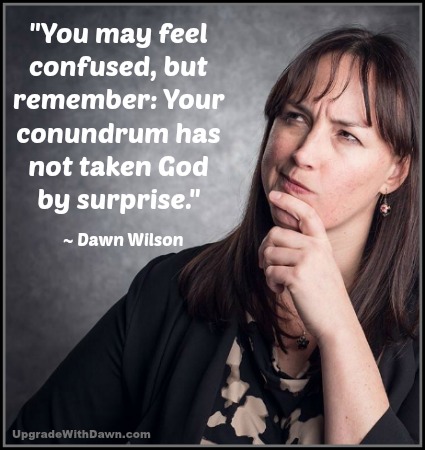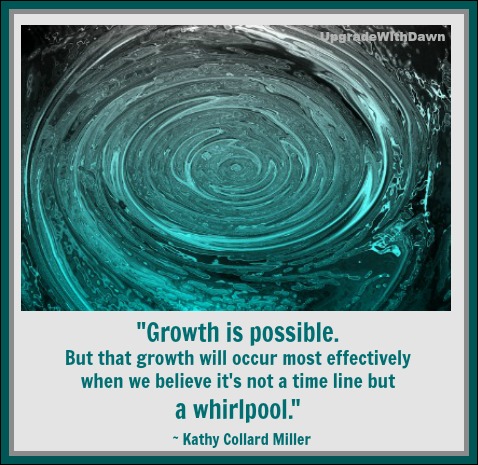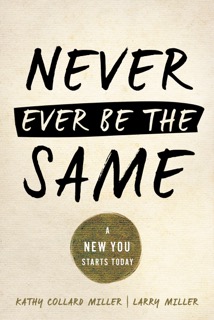The Big Break
Wendy Hamilton is an inspirational, everyday life writer who loves to tackle the daily tough stuff with truth and grace. In this UPLIFT encouragement, she encourages us to give ourselves a break in more  ways than one.
ways than one.
"I sat across from my new friend aware that this was the first time in a long time that I was on this side of the table," Wendy said. "Usually it was me telling other women to take a break, rest, create fun in their lives or for their families, and not overdo."
Wendy made me (Dawn) sit up immediately when I read that. Resting has been one of my big issues, one of the reasons my body fell apart and my ministry suffered. As Wendy points out here, sometimes we're our own worst enemy when it comes to rest.
Wendy continues . . .
That day it was me weary and undone. Everyday life felt like an overwhelming burden. I managed my day on autopilot, living that day much like I had lived the day before with little hope that tomorrow would be different.
“You can’t continue at this pace. You are headed for burnout. You need to rest,” my friend cautioned. “Take the rest of today and rest. You will be better for it.”
Her advice seemed counter-intuitive. I had so much to do.
Deadlines loomed. My house looked in many ways to be one more pile of clutter or laundry way from perfect for an episode of "Hoarders." Yet, I knew her advice was the truth.
“You are right," I confessed. "I’m not going to get anything done in the way and at the level I want to when I feel this tired.”
I thought back to scriptures I studied earlier that week.
“Come to me, all you who are weary and burdened, and I will give you rest. Take my yoke upon you and learn from me, for I am gentle and humble in heart, and you will find rest for your souls” (Matthew 11:28-29).
“He has shown you, O mortal, what is good. And what does the LORD require of you? To act justly and to love mercy and to walk humbly with your God" (Micah 6:8).
Both of those verses reflected an attitude and posture much different than what was reflected in my current pace and to-do list.
God’s good for me was a quieter pace.
His expectations for me did not require that my house look ready for a magazine feature or even “company ready.” His expectations for me were to walk with Him, be with Him and rest with Him.
What God models reveals a way of life that keeps us ready to love Him and others, and allow us to be rested and not fatigued. God never is a tough taskmaster with an impossible to-do list. That method is you and I at work, not honoring who God created us to be the way God designed.
The way of life God models is designed for us to know that we do not walk life alone. God promises: “Never will He leave me and never will He forsake me” (Hebrews 13:5).
When I create the impossible pace in my day and in my life, I forget that I do life with God.
I make myself and my talents, abilities and strengths an idol, and I place "me at work" above God at work in my life. I live life focused on what I should do instead of living in the victory of what God has already done.
The result of such heavy self-imposed burdens is weariness.
God knows our tendencies to rely more or ourselves than on Him. That is why He calls us to receive His comfort, love, faithfulness and presence.
God draws us to Himself through scripture and stillness so we can take a break and have a break.
What He asks of us leads to more life and more freedom. We don’t get tired of what God gives us when we function in everyday stillness and get to know Him more. What God has for us as we listen to Him speak in scripture and in our everyday lives is “immeasurably more than all we could ask or think” (Ephesians 3:20).
What God designed is our big break and rest.
Where is God calling you to rest and take a break? What areas of your life does God want you to surrender to Him so He can give you more than you could ask or think?
 Wendy M. Hamilton is a writer and songwriter from Dallas, Texas. When she is not ministering with her church family at Valley Creek Church, a multi-site mega church, she is volunteering at The Salvation Army or teaching and encouraging others to minister and lead with their art and bring
Wendy M. Hamilton is a writer and songwriter from Dallas, Texas. When she is not ministering with her church family at Valley Creek Church, a multi-site mega church, she is volunteering at The Salvation Army or teaching and encouraging others to minister and lead with their art and bring  inspired ideas to life. Wendy and her husband, Mike, are the founders of Inspired Life Ministries, and they love living a messy, busy and fun life with their 4+1 kids. Her most recent published song compilation, "Here We Go," is included on Compass, the new Valley Creek Kids Worship CD released May 2017 from Valley Creek Worship.
inspired ideas to life. Wendy and her husband, Mike, are the founders of Inspired Life Ministries, and they love living a messy, busy and fun life with their 4+1 kids. Her most recent published song compilation, "Here We Go," is included on Compass, the new Valley Creek Kids Worship CD released May 2017 from Valley Creek Worship.
Graphic adapted, courtesy of Lightstock (free download).
 Post a Comment → Posted on
Post a Comment → Posted on  Thursday, June 1, 2017 at 7:45AM
Thursday, June 1, 2017 at 7:45AM  Be Still,
Be Still,  Burdened,
Burdened,  Fatigue,
Fatigue,  Have a Break,
Have a Break,  Overworked,
Overworked,  Rest,
Rest,  Resting,
Resting,  Slow Down,
Slow Down,  Slower Pace,
Slower Pace,  Stillness,
Stillness,  Take a Break,
Take a Break,  Wendy H. Hamilton Upgrade Your Life
Wendy H. Hamilton Upgrade Your Life  Spiritual Life,
Spiritual Life,  UPLIFT Encouragement
UPLIFT Encouragement 

















